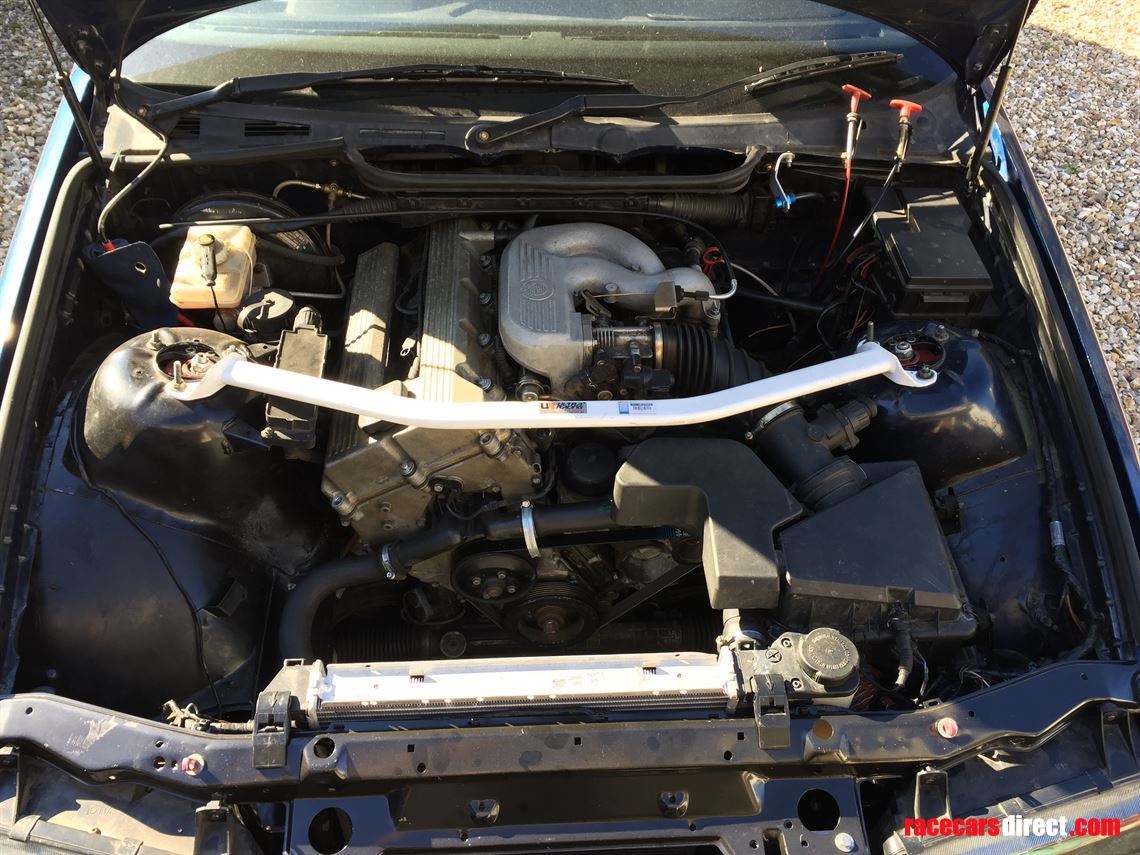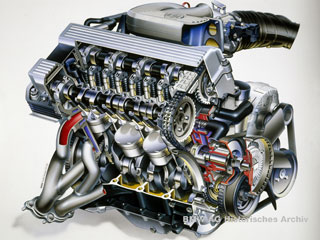Why the BMW 318ti Is a Leading Selection for Vehicle Lovers
Why the BMW 318ti Is a Leading Selection for Vehicle Lovers
Blog Article
Vital Considerations for Picking the most effective Engine for Your Needs
In the world of choosing the perfect engine to meet your needs, several crucial elements demand meticulous consideration to make certain optimal performance and performance. From the nuanced balance between power and performance to the often-overlooked elements of upkeep and solution demands, each element plays an essential role in establishing the most appropriate engine for your specific requirements. As the intricacy of engine technologies remains to advance, discerning the most suitable alternative necessitates a deep understanding of the interaction in between various considerations. By checking out the detailed web of elements that underpin this decision-making procedure, a more clear course emerges towards choosing an engine that not just meets but surpasses your assumptions.
Power and Performance
When examining engines for ideal efficiency, it is vital to focus on both power outcome and effectiveness. Power outcome determines the capability of an engine to produce energy, which directly impacts its performance. A high power output is important for demanding tasks such as heavy-duty applications or high-speed demands. It ensures that the engine can deal with the workload efficiently and successfully. Power alone is not adequate; efficiency plays a significant duty in figuring out the general performance of an engine. Performance describes how well the engine transforms gas into useful power. A much more efficient engine will certainly provide better gas mileage, reduced emissions, and reduced operating expense. Striking the appropriate equilibrium between power outcome and efficiency is vital to choosing an engine that meets your certain needs. It is important to take into consideration aspects such as the intended usage of the engine, environmental influence, and long-term price implications when making this choice. By thoroughly evaluating both power and performance, you can choose an engine that provides optimal performance and fulfills your requirements successfully.
Fuel Performance and Economy
Fuel efficiency refers to the engine's ability to transform gas right into energy with minimal waste, directly influencing operating prices and ecological sustainability. Engines with higher fuel efficiency not just minimize fuel expenses but additionally decrease carbon emissions, contributing to a greener procedure.

Compatibility and Application
Thinking about the fuel effectiveness and economic climate of an engine, the next vital aspect to address is its compatibility and application within particular operational contexts. Compatibility describes how well the engine integrates with the general system or equipment it powers. It entails variables such as physical dimensions, placing options, electric user interfaces, and control systems. Ensuring compatibility is vital to protect against issues such as getting too hot, resonances, or power discrepancies (bmw 318ti).
Furthermore, the application of the engine is similarly essential. Different engines are developed for certain objectives, whether it be industrial machinery, marine vessels, cars, or power generators. Recognizing the intended application permits the choice of an check my site engine that can supply the needed power output, torque, and operational qualities. A high-revving engine created for efficiency autos would certainly not be ideal for sturdy construction tools that requires high torque at reduced speeds.
Upkeep and Service Demands
Upkeep and solution requirements play a vital role in guaranteeing the long life and optimal efficiency of an engine. Normal upkeep is important to protect against failures, prolong the lifespan of the engine, and preserve its effectiveness. When picking an engine, it is important to think about the maker's advised upkeep timetable and the availability of service centers or qualified specialists.
Elements such as the frequency of oil modifications, filter substitutes, and general examinations can considerably impact the engine's performance. Some engines may call for more regular maintenance based upon their style and usage, while others may have longer intervals between maintenance checks. It is vital to comply with these service needs to stay clear of pricey fixings and unanticipated downtime.

Price and Budget Plan Considerations
Spending plan restrictions typically play a significant duty in the decision-making process when picking an engine for a specific application. When taking into click here for info consideration the expense and budget ramifications of choosing an engine, it is vital to evaluate not just the initial acquisition price however also the lasting costs linked with maintenance, gas consumption, and prospective upgrades or repairs. It is vital to strike a balance in between the ahead of time cost of the engine and its total lifecycle costs to make sure that the picked engine remains economically lasting throughout its functional life-span.
Elements such as fuel dependability, longevity, and effectiveness can directly influence the overall cost of possession of an engine. While an extra costly engine may have higher upfront prices, it could potentially result in lower upkeep and fuel expenses over time, therefore providing far better value in the lengthy run.
Final Thought

Gas efficiency refers to the engine's capacity to convert fuel right into power with minimal waste, directly influencing operating costs and environmental sustainability.Aspects influencing fuel effectiveness consist of engine design, combustion effectiveness, and general efficiency optimization. Additionally, selecting the proper gas kind and grade as you can try this out recommended by the engine maker can better boost efficiency and extend engine life expectancy.
Engines with excellent utility functions and conveniently offered parts can decrease maintenance expenses and decrease the time the engine is out of operation - bmw 318ti. It is important to strike an equilibrium in between the upfront expense of the engine and its total lifecycle costs to ensure that the chosen engine stays monetarily sustainable throughout its operational life expectancy
Report this page